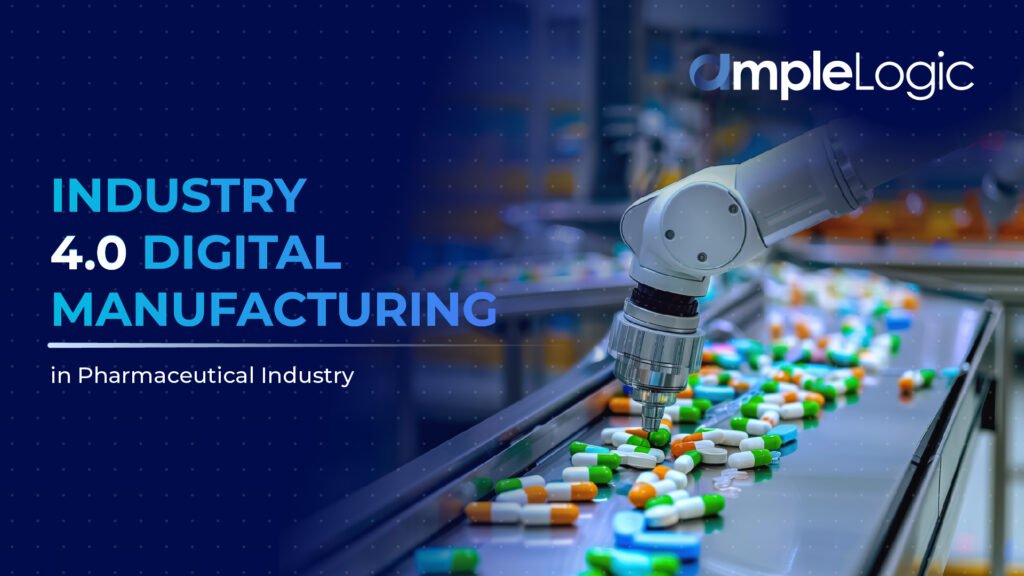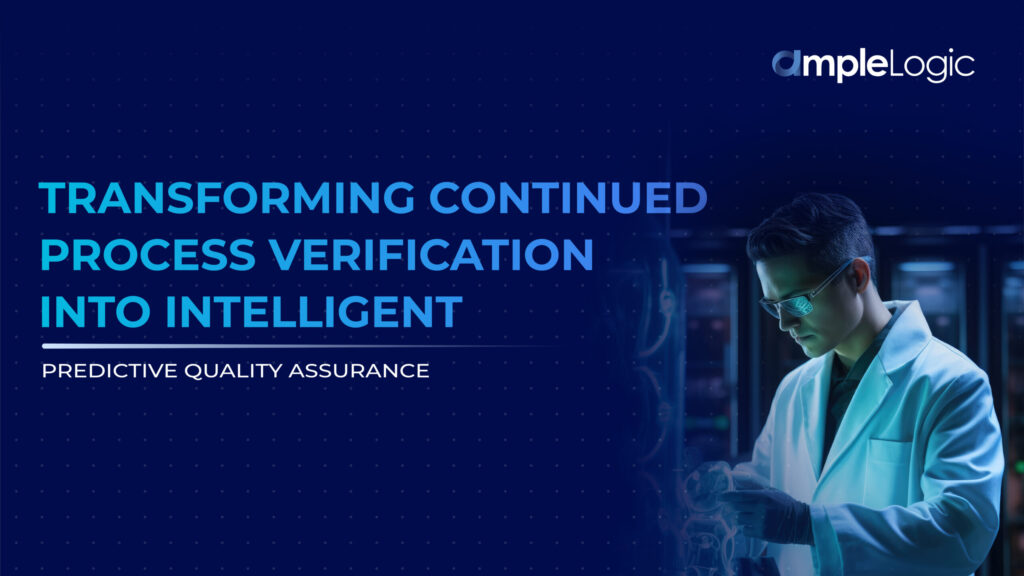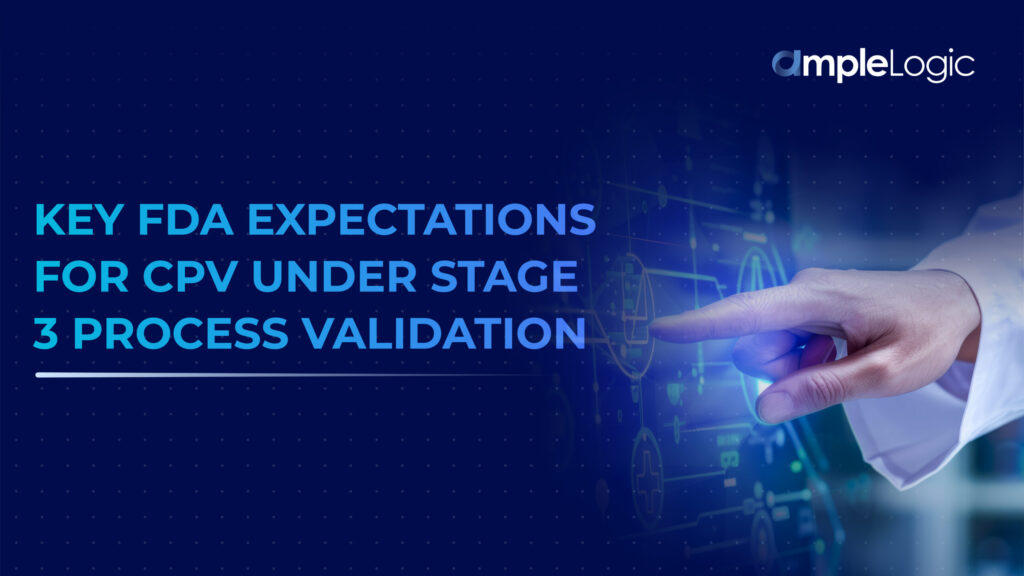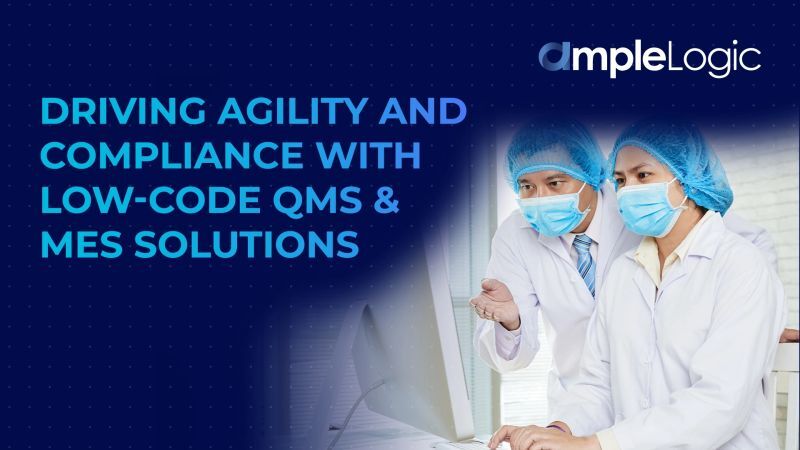
In the pharmaceutical industry, data integrity is paramount to ensuring the safety, efficacy, and quality of medications. The term “data integrity” refers to the accuracy, completeness, and consistency of data over its entire lifecycle. It encompasses not only the safeguarding of data from unauthorized access or alterations but also the assurance that data is reliable and trustworthy. Given the highly regulated nature of the pharma sector, maintaining data integrity is crucial for compliance with international standards and regulatory requirements, such as those set by the FDA, EMA, and other global health authorities.
The significance of data integrity in the pharma industry cannot be overstated. It directly impacts drug development, manufacturing, and distribution processes, influencing everything from clinical trial results to product recalls. Any compromise in data integrity can lead to severe consequences, including regulatory sanctions, financial losses, and most importantly, risks to patient safety. As the industry increasingly adopts digital technologies, the challenge of maintaining data integrity has evolved, requiring robust systems and stringent protocols to ensure that all data is accurate, secure, and accessible only to authorized personnel.
Industry trends shaping audit demands
The pharmaceutical industry is experiencing significant shifts driven by technological advancements and evolving regulatory landscapes, which are reshaping audit demands. One major trend is the increasing adoption of digital solutions and automation in data management processes.
The integration of Document Management Systems (DMS), cloud computing, and blockchain technology has revolutionized how data is stored, tracked, and accessed. These innovations not only enhance efficiency but also provide a higher level of transparency and traceability, essential for meeting stringent audit requirements. Regulators now expect pharmaceutical companies to leverage these technologies to ensure the integrity and availability of data, making it imperative for organizations to stay ahead of the curve.
Data integrity is essential for reshaping the pharmaceutical industry and triggering significant innovation to ensure the information’s reliability and trustworthiness. In the future, the significance of implementing measures and practices that frame the integrity of the collected data through the whole life cycle of a product will increase. Now, companies that have started implementing data integrity practices and a data integrity program will likely gain considerable advantages over their competitors.
Compliance and Workflows are made easy with AmpleLogic’s Document Management System (DMS)
The pharmaceutical industry is under immense pressure to show greater transparency and data integrity to provide a reliable supply of high-quality pharmaceutical products. Accurate and evolving audit trail regulations reflect the necessity to safeguard public health and represent a primary challenge for manufacturers. To remain compliant, manufacturers demand software systems qualified to handle all datasets without compromising productivity. Therefore, implementing an AmpleLogic DMS helps you to achieve compliance, simplify audit trail reviews and enhance workflows.
Here are some points highlighting how achieving data integrity is facilitated by using a Document Management System (DMS) in the pharmaceutical industry:
- Centralized Storage: DMS provides a centralized repository for all documents and data, ensuring easy access, retrieval, and management of critical information.
- Version Control: The system records document versions, revisions, and updates, minimizing the risk of using outdated or incorrect information.
- Audit Trail: eDMS creates an electronic audit trail that captures user actions, edits, and document history, offering transparency and accountability.
- Role-based Access: Access controls and permissions are enforced, limiting document access to authorized personnel enhancing security and confidentiality.
- Electronic Signatures: Digital signatures add an extra layer of authenticity to documents, making them legally binding and tamper-proof.
- Workflow Automation: Automated approval workflows streamline document review and approval processes, reducing human errors and accelerating document lifecycle.
- Data Integrity Checks: eDMS can include built-in data integrity checks to ensure accurate data entry and prevent inconsistencies.
- Validation and Compliance: eDMS platforms can be validated to comply with industry regulations like 21 CFR Part 11, EU Annex 11, and GxP guidelines.
- Reduced Paper Usage: By transitioning from paper-based to electronic processes, errors due to manual data entry are minimized.
- Real-time Collaboration: Teams can collaborate on documents simultaneously, promoting real-time feedback and updates while maintaining data integrity.
- Search and Retrieval: Advanced search capabilities in eDMS enable quick retrieval of documents, reducing time spent on data searches.
- Backup and Disaster Recovery: eDMS systems often include data backup and recovery mechanisms, safeguarding documents against loss or corruption.
- Regular Audits: The system supports regular audits and inspections, ensuring data integrity and regulatory standards compliance.
- Data Validation: eDMS can include validation checks to ensure data accuracy, completeness, and adherence to predefined formats.
- Training Records: eDMS can manage training records, ensuring that personnel accessing documents are adequately trained and qualified.
- Consistency Across Sites: Multisite organizations benefit from standardized processes and data integrity practices across various locations.





















